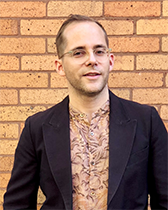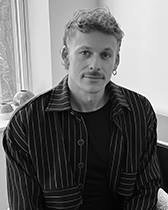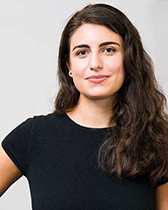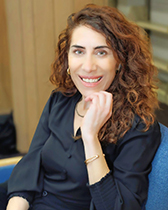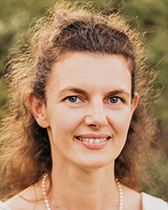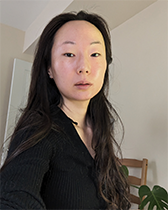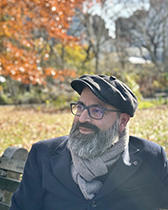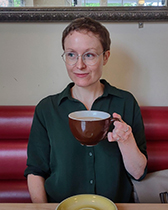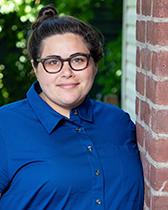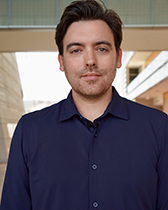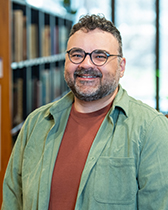Shira E. Schwartz
Assistant Professor, Department of Religious Studies
Project: Hormonal Ethnography: Hysterical Hormones, Hormonal Havrutas
"This project outlines a new methodology for the hormonal ethnographic study of religious lives. Religion often treats bodies seeking transformation, molding them toward specific kinds of 'life' through activities, environments, and relationships that act on bodies like a drug. Facilitating highs and lows, desire and repulsion, excitement, and anxiety, these interactions generate religious effects in the hormonal body: a crossing of psychological, affective, and erotic processes that facilitate bodily change. While religion is often studied through its texts, following hormones highlights the reciprocal impact of texts and bodies. Combining the mixed methods of lived religion and bioethnography, I follow hormonal religious bodies to link realms of religious life and embodiment often separated by discipline. This approach provides a wider ecology of hormonal bodies, and fosters new connections across humanistic, social scientific, and biomedical data collection in the study of religious lives."


